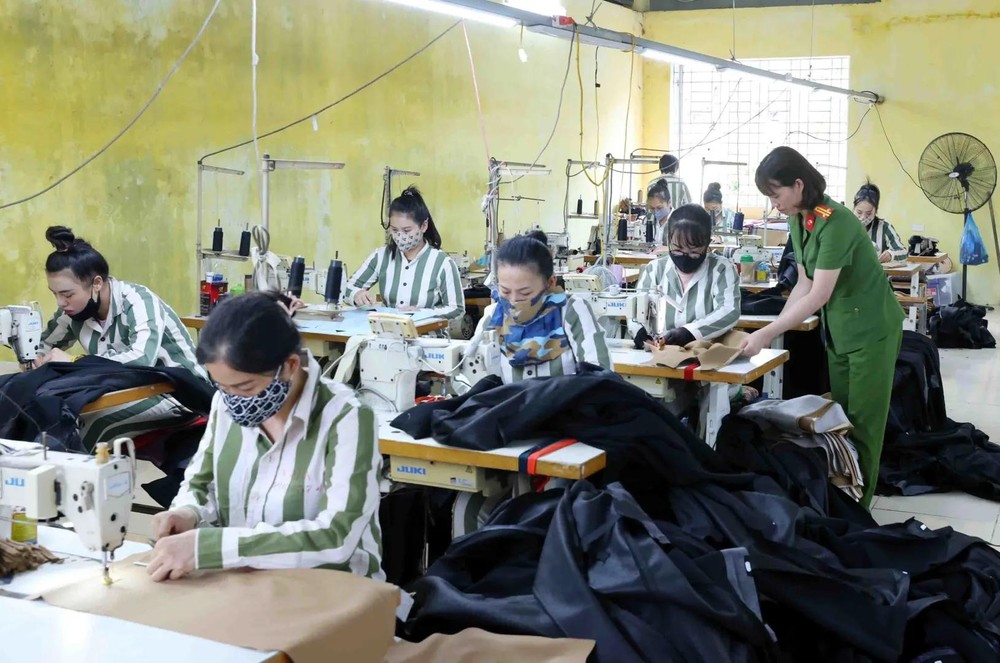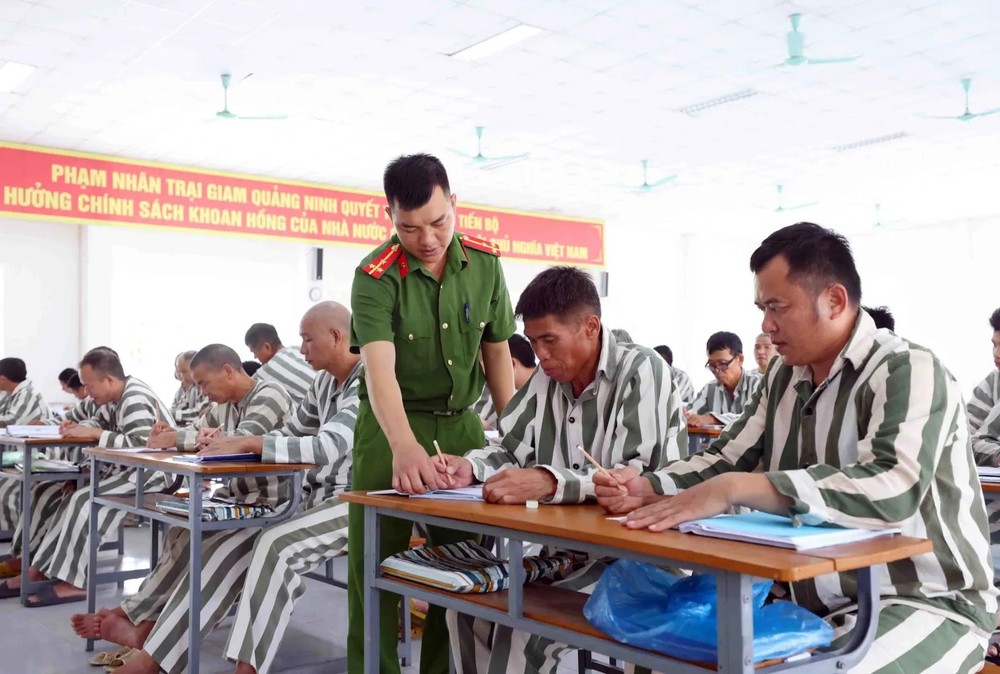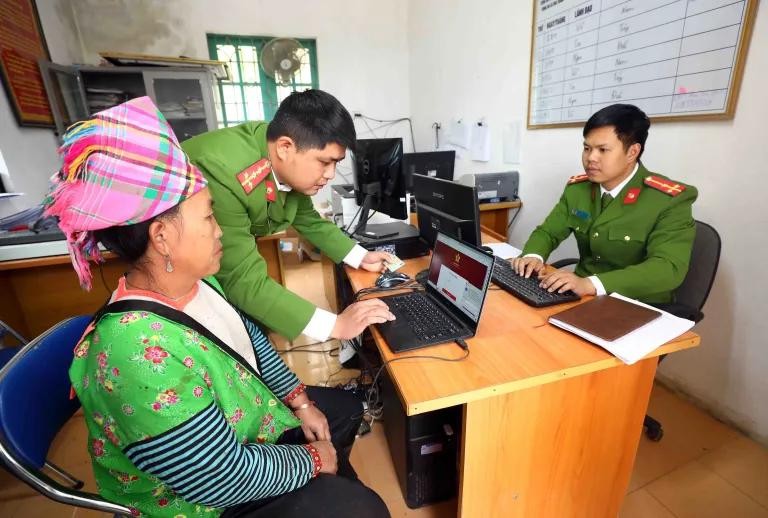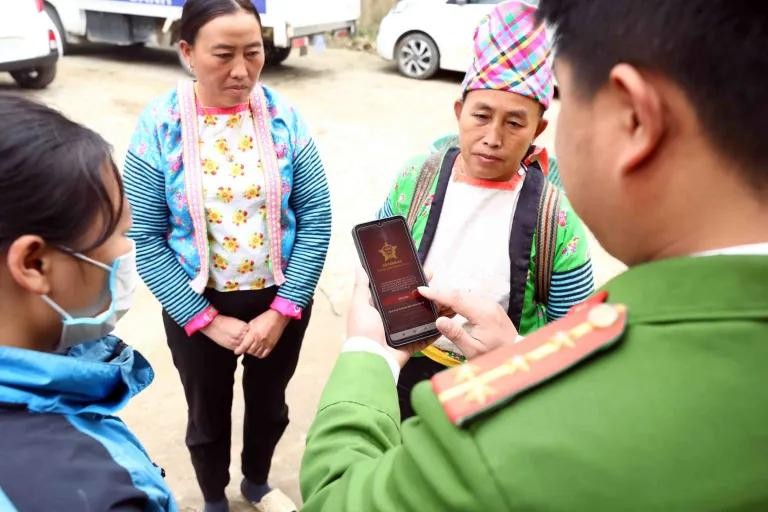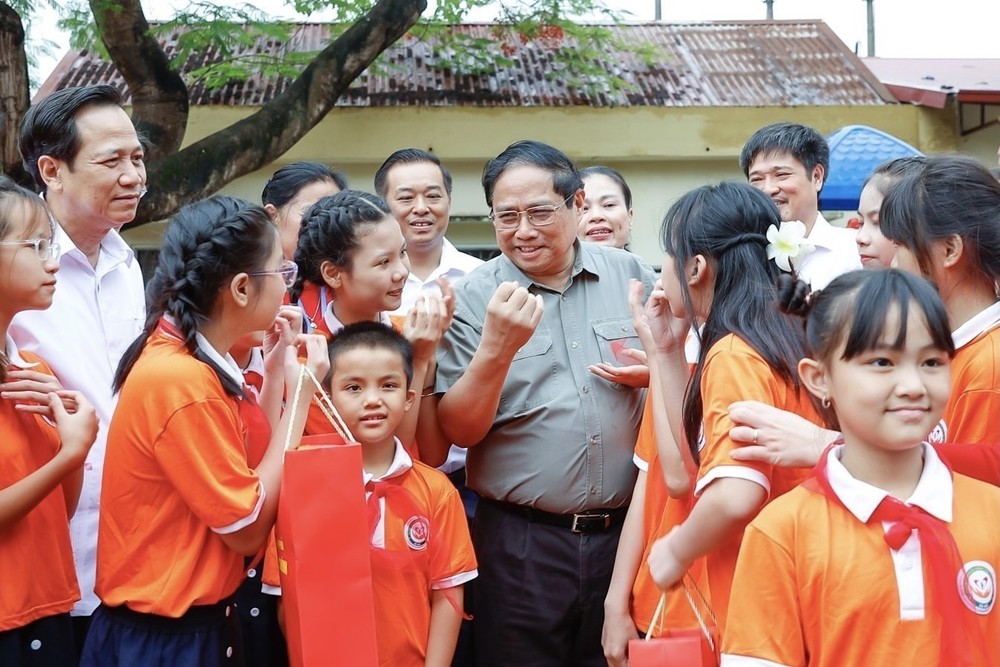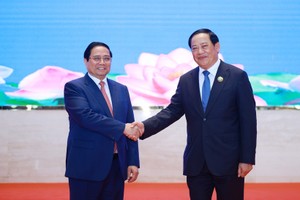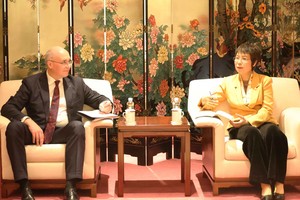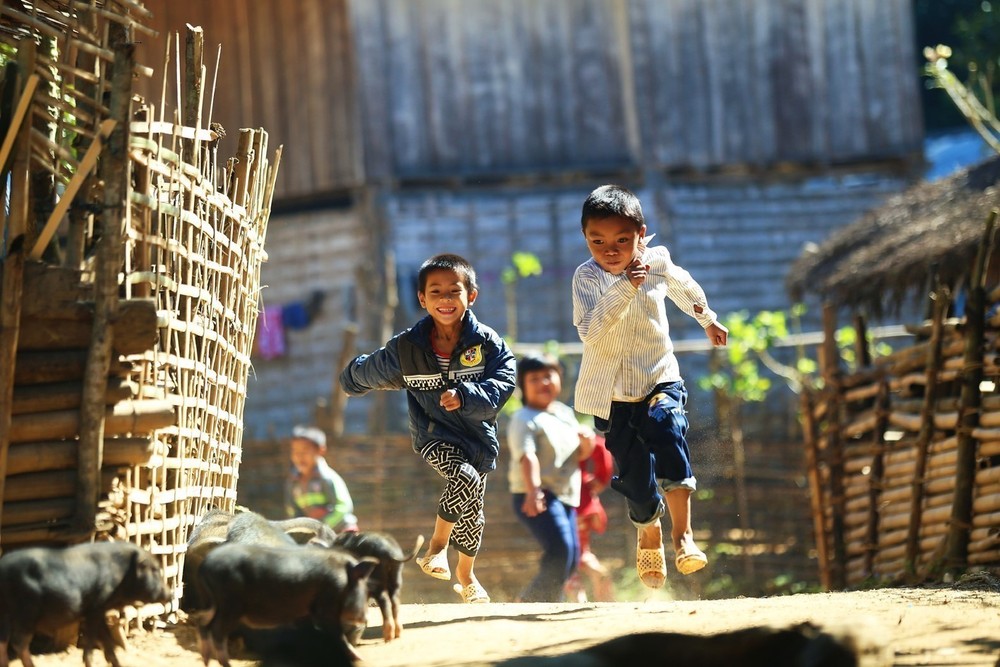
Vietnam's greatest human right achievement is ensuring the well-being and happiness for 100 million people, with democracy, peace, security, safety, and the maximum promotion of human factor, Prime Minister Pham Minh Chinh has stated, which succinctly reflects the core stance of the Vietnamse Party and State on protecting human rights and not leaving anyone behind during the development process, a hallmark of socialism in Vietnam.
Over the past 76 years, the declaration has served as the norm for nations, individuals, and social organisations to strive for respect for human freedoms and to ensure the global recognition and implementation of these rights, whether in UN member states or non-self-governing territories.
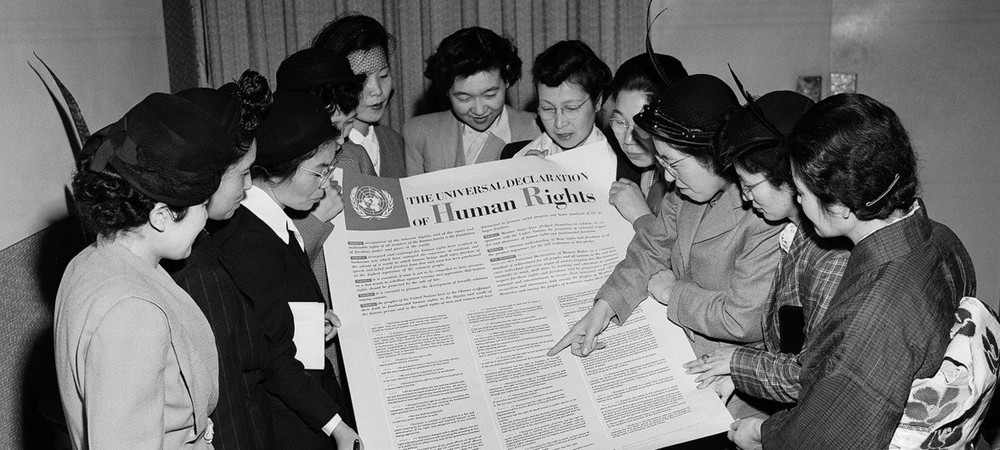
In the Southeast Asian nation, human rights principles and values regarding freedom and democracy have been enshrined in the 1946 Constitution, even before the adoption of the 1948 declaration. Further, in subsequent versions of the Constitution in 1959, 1980, and 1992, and especially 2013, Vietnam has increasingly emphasised universal human rights principles recognised by the international community.
On September 2, 1945, at the Ba Dinh Square, President Ho Chi Minh delivered the Declaration of Independence on behalf of the Provisional National Government, affirming the sacred, inviolable right of the Vietnamese people to independence.
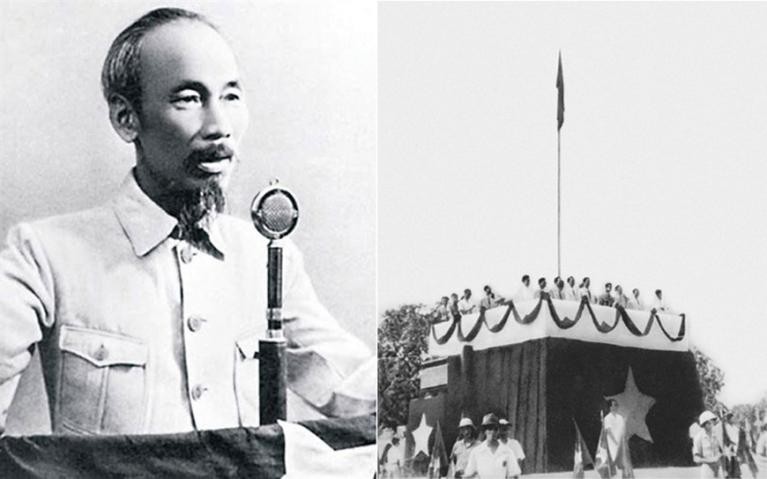
Following the success of the August Revolution, the Party, Government, and President Ho Chi Minh enacted a series of policies to implement the freedoms and democratic rights outlined in the declaration. The organisation of the first general election and the first Constitution of the Democratic Republic of Vietnam in 1946 marked the realisation of the human and civil rights mentioned in the Declaration of Independence.
Respecting and protecting human rights remains a consistent policy of the Vietnamese Party and State.
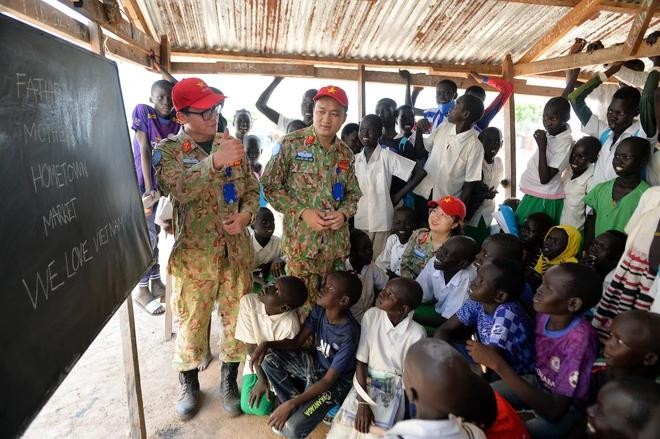
Since its establishment, Vietnam has fully participated in human rights protection activities led by the UN and international organisations. These efforts include signing the Convention on the Rights of the Child, caring for and protecting the elderly, participating in anti-war activities, promoting peace, protecting the ecological environment, and respecting the right to self-determination of nations.
The Party and State have consistently affirmed that human rights are a common value of humanity; people are both the objective and the driving force in national development and defence; and ensuring and promoting human rights is a key factor for sustainable development. Accordingly, human rights standards have been consolidated and fostered, and people’s lives have steadily improved.
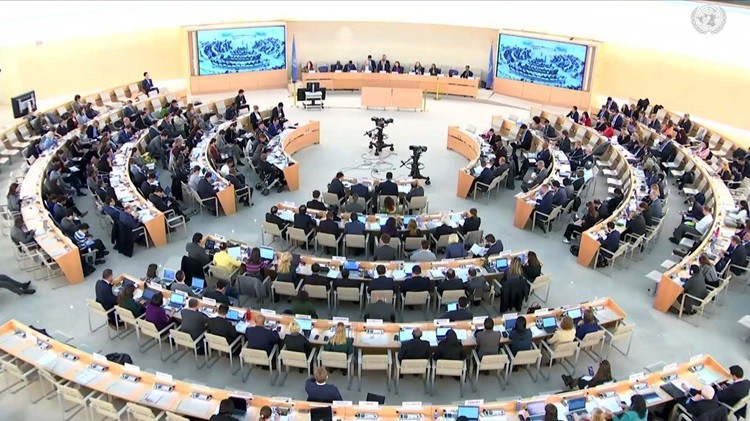
Vietnam has also taken concrete actions to implement human rights according to the conventions it has signed. Notably, its 2015 Penal Code continued to abolish the death penalty for eight crimes and excluded its application for those under 18, pregnant women, women with children under 36 months, and individuals over 75 years old who commit crimes.
Vietnam was elected as a non-permanent member of the UN Security Council (2008–2009 and 2020–2021 tenures) and as a member of the UN Human Rights Council (2014–2016 and currently for 2023–2025), which reflects international recognition of the country’s efforts to ensure and enforce human rights.
Vietnam was elected as a non-permanent member of the UN Security Council (2008–2009 and 2020–2021 tenures) and as a member of the UN Human Rights Council (2014–2016 and currently for 2023–2025), which reflects international recognition of the country’s efforts to ensure and enforce human rights.
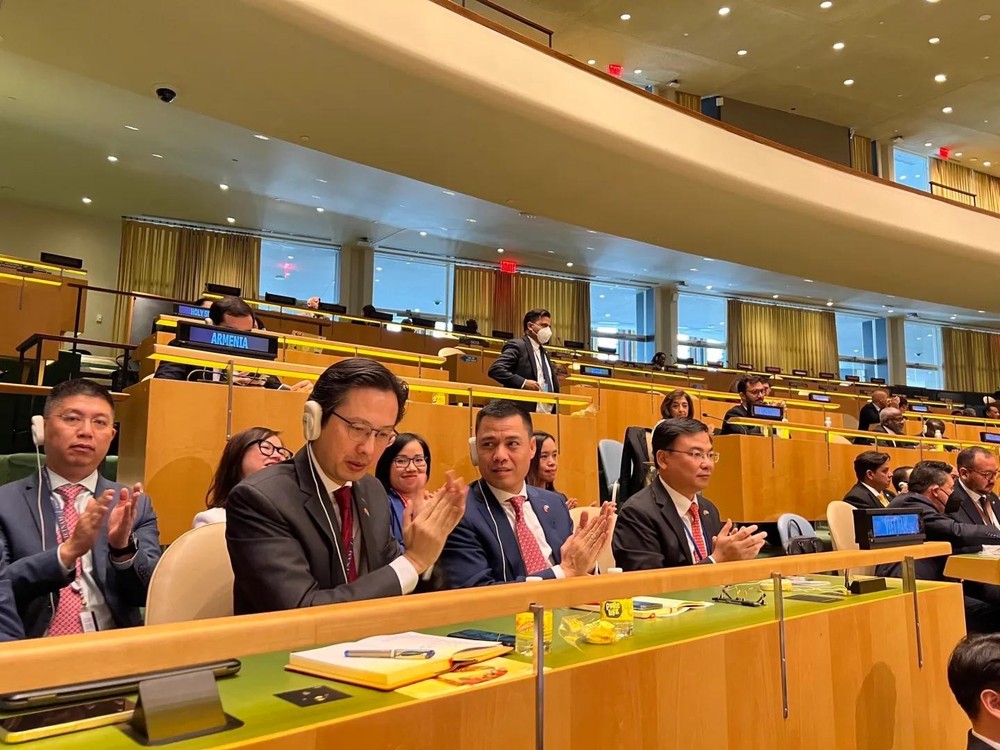
After nearly 40 years of reform, the Party and State have remained consistent in their policies to respect, ensure, and protect the rights and obligations of citizens. Every decision is driven by the needs of the people, and all development outcomes aim to best ensure human rights.
In Vietnam’s National Report under the fourth cycle of the Universal Periodic Review (UPR) in April 2024, Deputy Minister of Foreign Affairs Do Hung Viet highlighted that since 2019, Vietnam’s GDP per capita has increased by 25 percent, while its poverty rate has decreased by 1.5 percent annually.
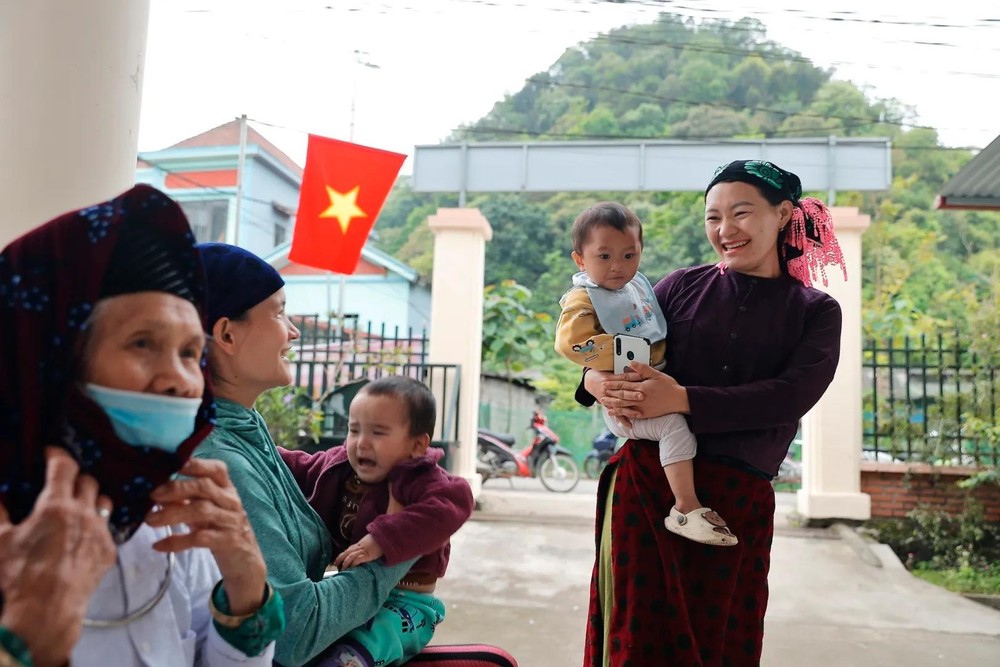
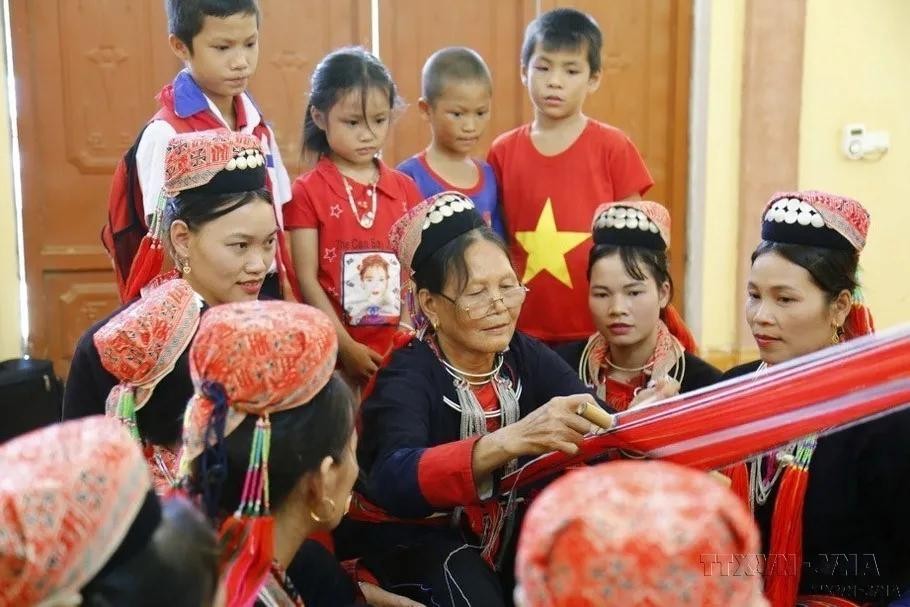
The preventive medicine network is widely established nationwide and closely linked with primary healthcare, and the health insurance coverage rate has expanded from over 81 percent in 2016 to 93.35 percent in 2023. Furthermore, 85 percent of disadvantaged people with disabilities receive social assistance, care, and rehabilitation services.
The media, press, and Internet have flourished, becoming platforms for people and social organisations to express their views, and tools for monitoring policy and law enforcement and protecting people’s legal rights and interests.
Currently, around 72,000 associations in Vietnam regularly and actively participate in addressing key socioeconomic issues.
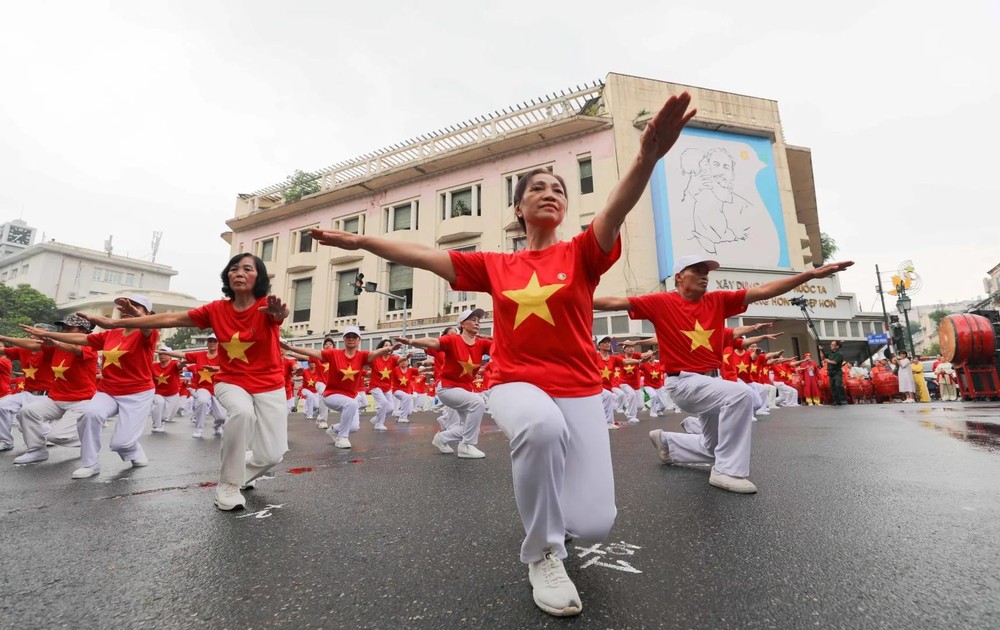
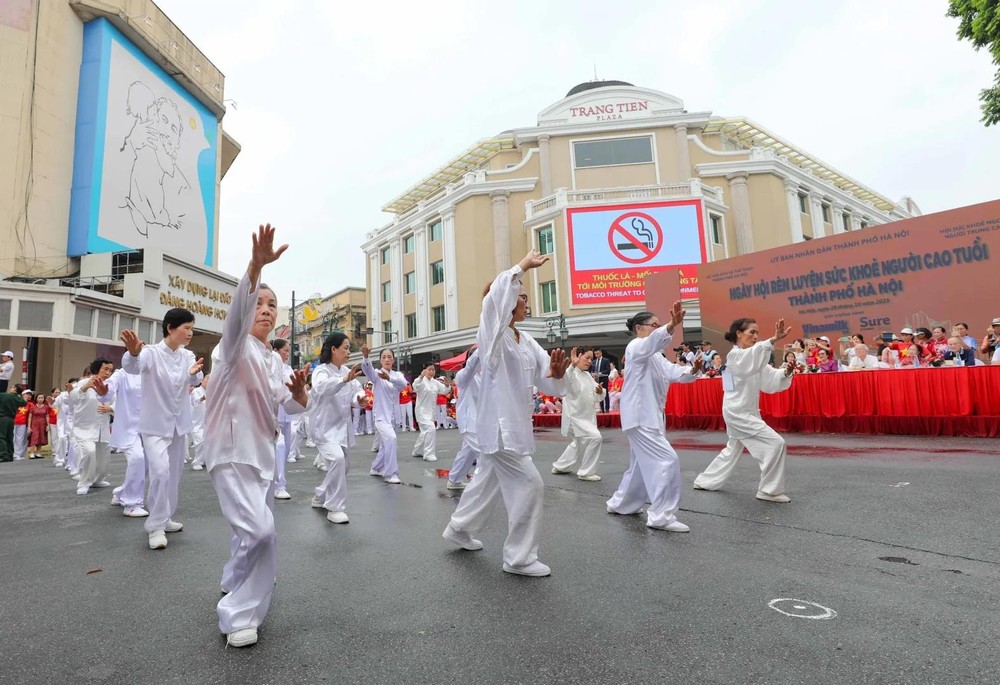
According to the Ministry of Information and Communications, the number of Internet users in Vietnam rose to more than 78 million this year from only 20 million in 2008, and it is expected to continue growing in the next five years to reach about 100 million by 2029.
Reflecting on Vietnam’s human rights efforts over the years, Prime Minister Pham Minh Chinh said:
“The greatest human right in Vietnam is to ensure that its 100 million people live in prosperity, happiness, democracy, peace, security, and safety, while maximising human potential”.
